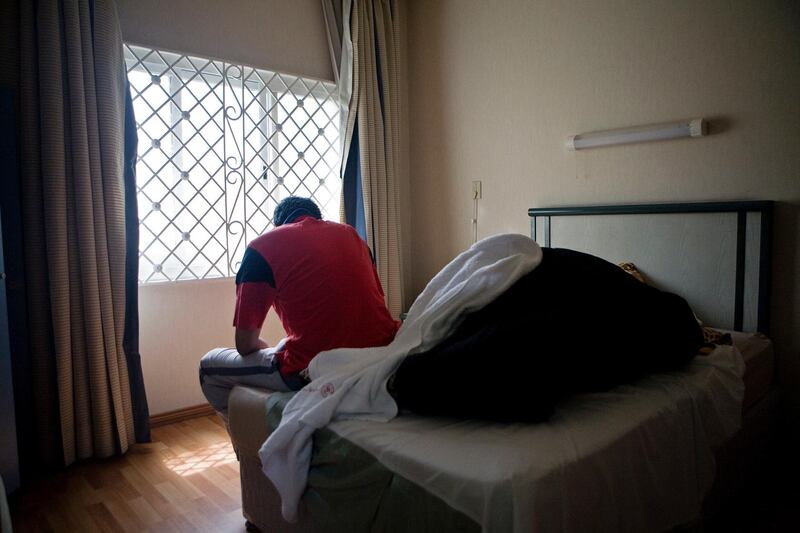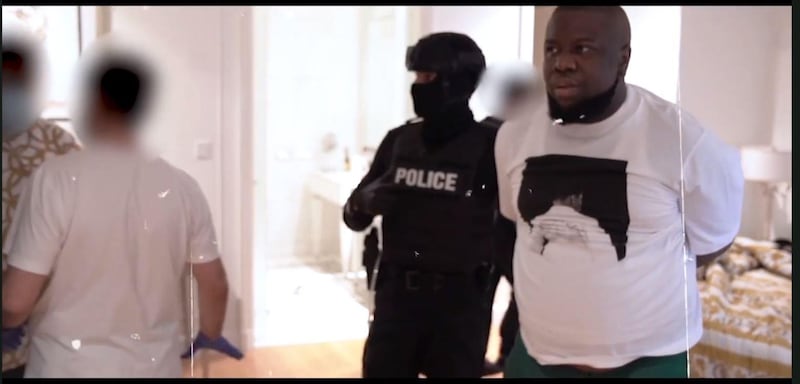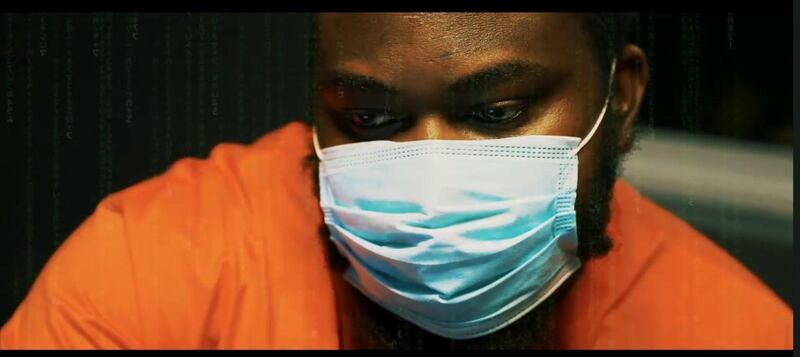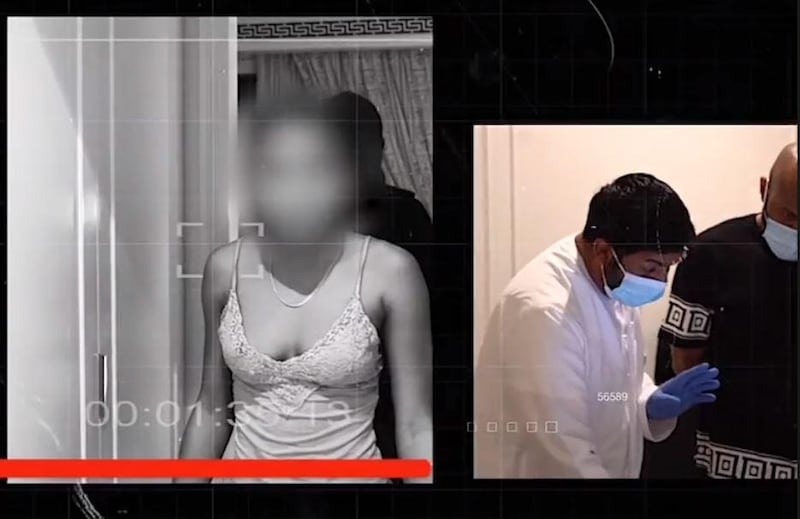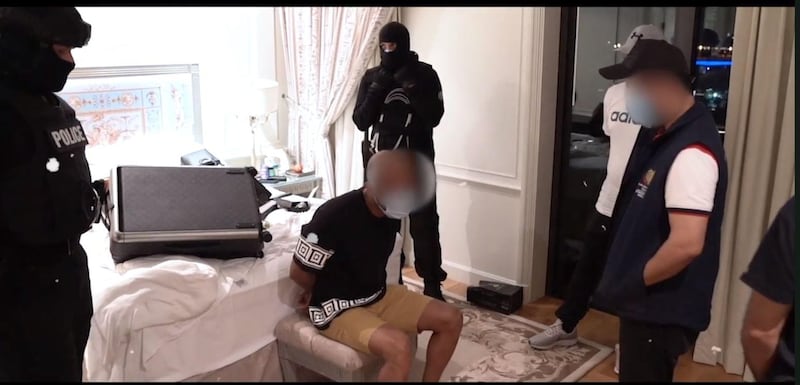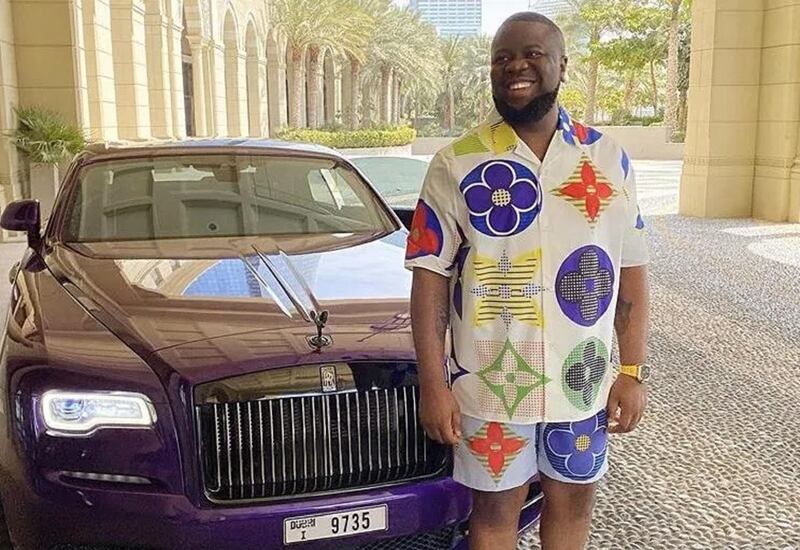More drug addicts in the UAE have been seeking treatment since the Covid-19 pandemic started, medics say.
Doctors at the UAE's National Rehabilitation Centre said demand rose every day last year– the first time such a rise had been recorded.
Increased awareness campaigns and a rise in online services are thought to be behind the increase.
However, doctors also said that the coronavirus pandemic led some addicts to seek out new substances to abuse.
"Because of ... lockdown, borders being closed and challenges in trafficking routes, there has been a shift towards new psychoactive substances during the pandemic," said Dr Samya Al Mamari, acting medical services director at the rehabilitation centre.
"But for the first time since the establishment of the NRC, the demand for treatment increased and patients requested treatment on their own.
“We don’t know if it is because of the pandemic or because people are now more aware of the importance of therapy. In 2020, we focused a lot on awareness campaigns.”
The centre was established in 2002 and is based in Abu Dhabi to serve Emiratis and residents from across the UAE.
It is a World Health Organisation collaborating centre of excellence in the Middle East and gives hope to many addicts.
It would not disclose which new types of drugs addicts were seeking treatment for, but psychoactive substances that can be abused include cocaine and prescription medicine such as Xanax.
The centre says that in recent years it recorded a "marked change in the patterns of abuse among young people and adolescents" and "their tendency to use different types of drugs and new psychotropic substances". These include synthetic hemp and ketamine.
Over the past year doctors not affiliated to the centre have issued warnings against the non-prescribed use of anti-anxiety drugs such as Xanax.
This followed a major raid in Sharjah where police arrested a gang of nine men and seized illegal Xanax tablets worth about Dh15 million ($4.1m).
Operations in Abu Dhabi include a seizure of 573,000 Captagon pills last September and 45 kilograms of heroin and crystal meth last November.
Dubai Police also made several huge finds including thwarting an attempt to smuggle 5.7 tonnes of Captagon into the country.
A change in approach
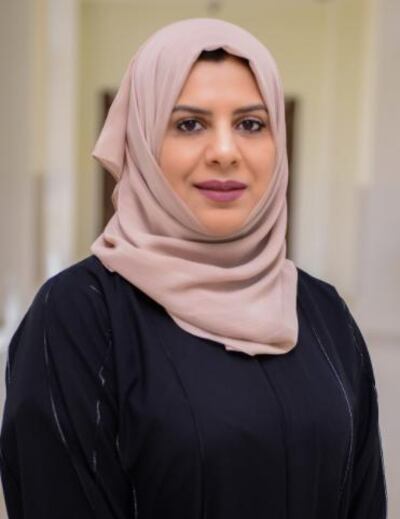
How addicts are treated in the UAE has changed over the years.
In 2016, changes to the law significantly reduced punishment for users, although not for smugglers and suppliers.
Among the new measures was a reduction in the minimum jail sentence for drug users.
Education, awareness and helping addicts integrate back into the community are crucial tools used by the National Rehabilitation Centre to address addiction.
Although the centre did not disclose how many patients were receiving treatment, it said the numbers are increasing.
The pandemic required doctors to use online treatment and hold their clinics online, in particular during summer last year when movement between emirates was restricted.
"Demand for treatment was increasing by the day in 2020 and patients became more committed to attending the sessions regularly because they found it more convenient," Dr Al Mamari said of the remote treatment.
“Are those online treatment sessions effective? Many studies are being conducted on that," she said.
"I think by the second half of 2021 we will start to see if the virtual treatment has been effective or not.
“But the point is that we tried to maintain contact with the patients in a way that is accessible and convenient for them."
It is also envisaged that, if proven effective, online treatment could be an important part of the centre's work after the pandemic.
But face-to-face contact will remain essential, and the centre is also increasing its focus on prevention.
This week, the centre held an online regional conference to train specialists and policy makers from the UAE and wider GCC, as well as Egypt and Sudan on prevention and early intervention strategies.
"Both elements are considered to be an effective way to reduce the consequences of substance abuse in society, especially at a time when many countries around the world are recording a rise in drug and alcohol abuse rates," Dr Al Mamari said.
From Hushpuppi to crystal meth gangs, Dubai Police's highest profile arrests of the year
